Open job posting for postdocs and PhD students in Algorithms & Combinatorial Optimization
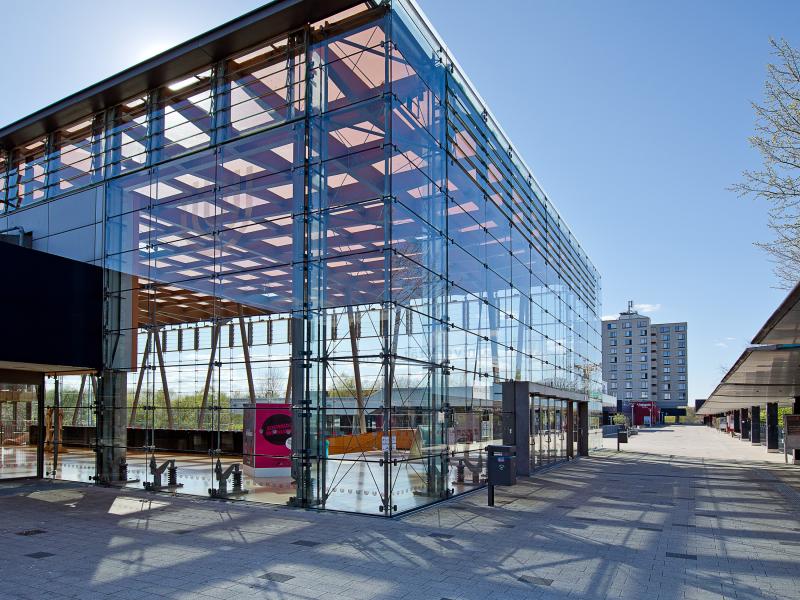
A postdoc and a PhD position are available at the Chair for Combinatorial Optimization headed by MMM-member Prof. Nicole Megow (https://www.uni-bremen.de/en/cslog/nmegow) at the University of Bremen. Check out the detailed job description here: https://lnkd.in/eeyDaXPF. The application deadline is January 20, 2024.
Call for Applications for non-resident Associate Junior Fellowships within the HWK Postdoc Program
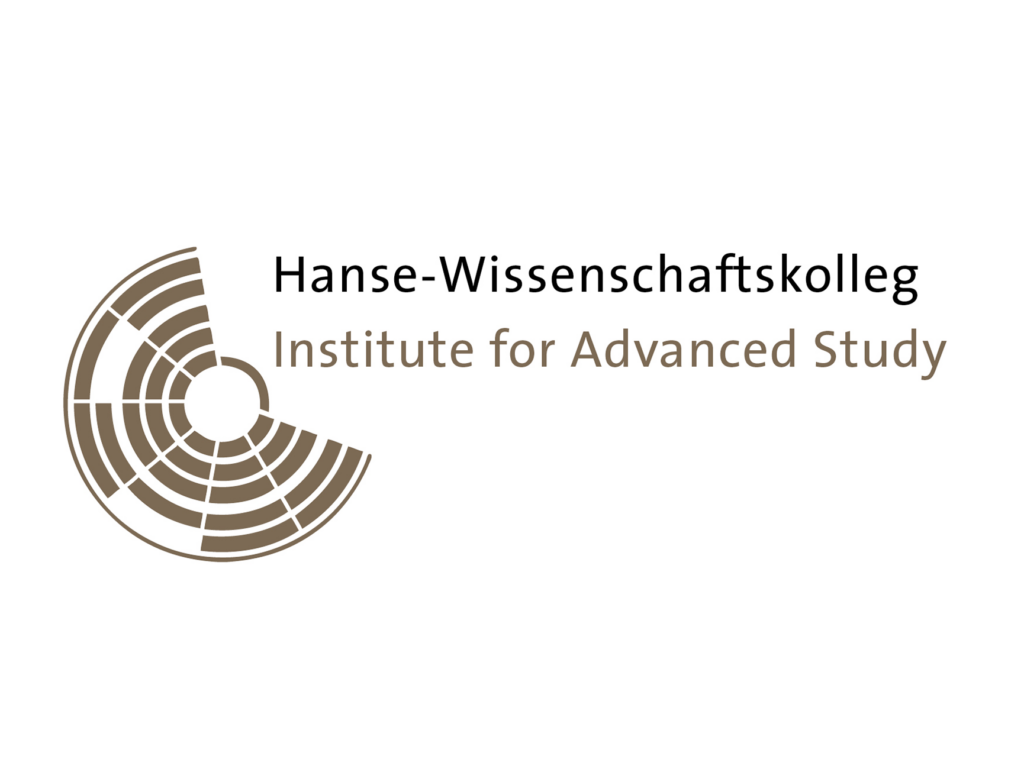
We are happy to announce the current Call for Applications for non-resident Associate Junior Fellowships within the HWK Postdoc Program. Application deadline: February 29, 2024 Start of Fellowship: July 1, 2024 Associate Junior Fellows keep their current position at a research institution in the region and become non-resident Fellows of the HWK for a period […]
New at the ZeMKI: ComAI Lectures
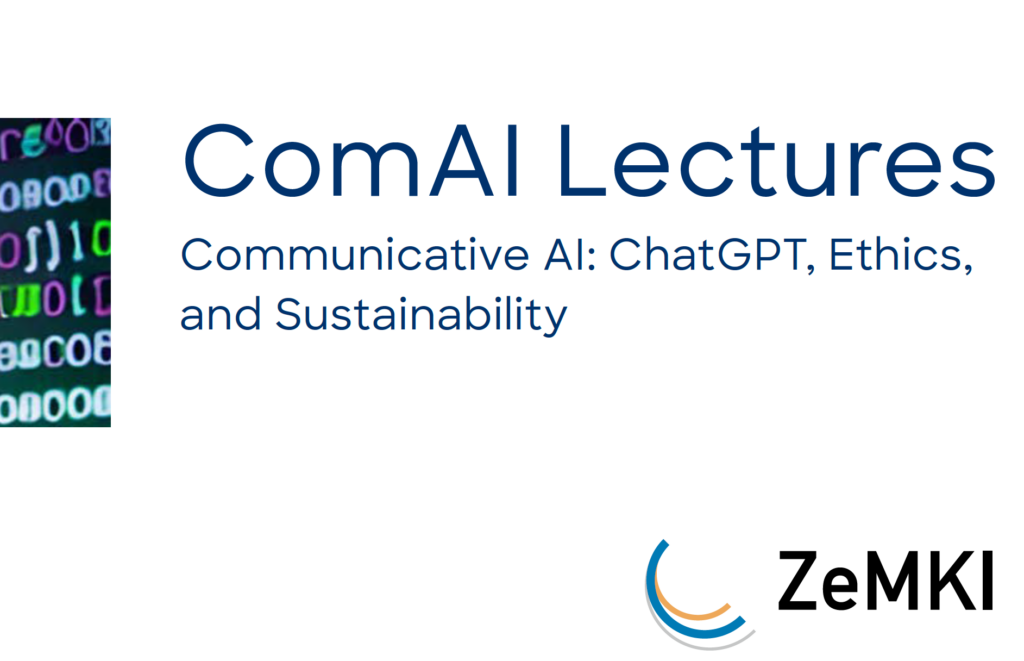
ChatGPT and other forms of generative AI have been the talk of the town since the last Open AI campaign around a year ago. As the ZeMKI has been dealing with this topic from a social science perspective for some time, they have organized an exciting new international lecture series on the subject. For further […]
IJCAI 2024 Important dates
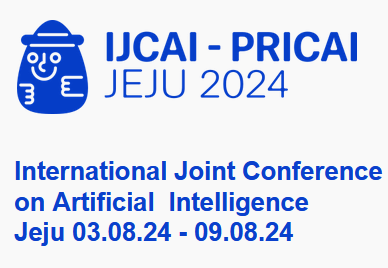
Since Bremen will be the host city for this prestigious conference in 2026, MMM-members are especially encouraged to submit also to the preceding conferences to promote Bremen and MMM as a hub for AI and to gain a more comprehensive understanding of the conference format from as many perspectives as possible. The deadlines for full […]
Biosignals meet Adaptive Systems
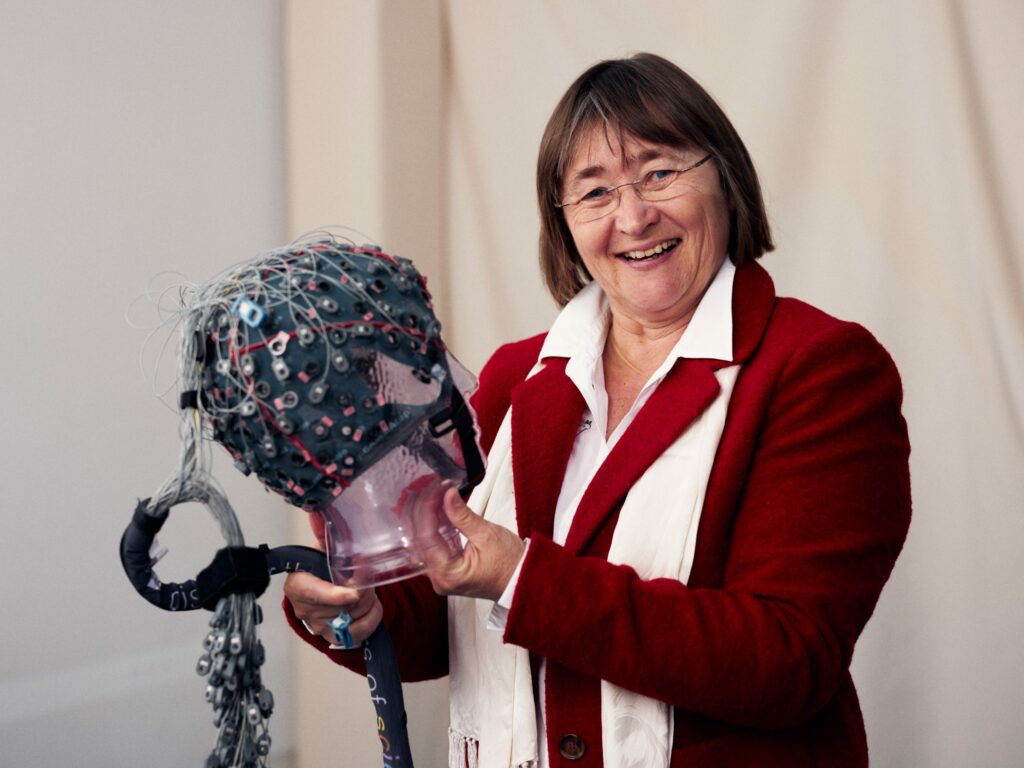
In a new paper by MMM-speaker Tanja Schultz and Prof. Alexander Maedche (KIT), published in SN Applied Sciences, the authors present a new perspective on Biosignal-Adaptive Systems (BAS) which automatically adapt to user needs by continuously interpreting their biosignals and by providing transparent feedback, thereby keeping the user in the loop. The full Open Access […]
New CoAI Joint Research Center explores co-constructive artificial intelligence
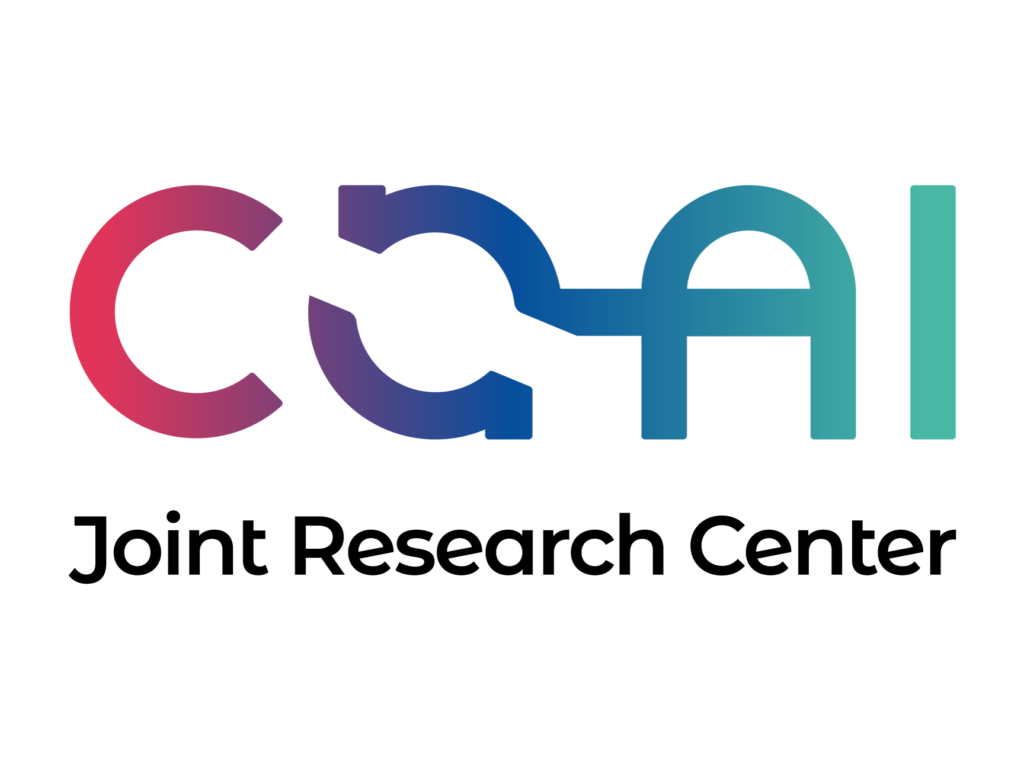
We are pleased to expand our research collaboration network with the universities Bielefeld and Paderborn by partnering with the “Joint Research Center on Cooperative and Cognition-enabled AI” (CoAI). The Center will investigate how artificial intelligence systems that perceive and act can learn to understand and reflect on their own and other agents’ behavior to enable […]
MindTalk: Gehirn auf der Kippe: Selbstorganisation zwischen Chaos und Ordnung und die Trickkiste der Physik (Prof. Dr. Stefan Bornholdt, 05.06.2023, 16:00-17:30, Haus der Wissenschaft, Sandstraße 4/5, Olbers-Saal)
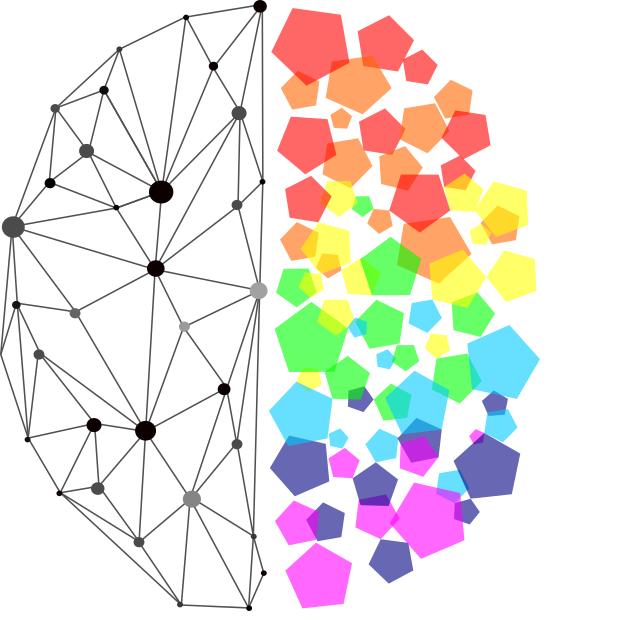
The nerve cells in our head are like little loaded Colts: ready to „fire“ at any time. Our brain consists of billions of them, connected in a dense signal network. This is stuff for nightmares, because what if the signal fire grows at lightning speed, who stops it? The everyday experience with our brains seems […]
Science Award 2022 for Startup Ubica Robotics GmbH
The startup Ubica Robotics GmbH, which emerged from the Institute for Artificial Intelligence, has received the Science Award endowed with 50,000 euros, in the category “Best Startup”. The prize was awarded by the EHI Foundation on June 1, 2022 in Düsseldorf. Since their founding in 2020, Ubica develops autonomous scanning robots creating digital twins of […]
New LabLinking Publication: „EEG Correlates of Distractions and Hesitations in Human–Robot Interaction: A LabLinking Pilot Study“
Congratulations to the team of Birte Richter, Felix Putze, Gabriel Ivucic, Mara Brandt, Christian Schütze, Rafael Reisenhofer, Britta Wrede, and Tanja Schultz for their new publication describing the MMM-supported LabLinking initiative entitled: „EEG Correlates of Distractions and Hesitations in Human–Robot Interaction: A LabLinking Pilot Study“ In this work, the authors provide a proof-of-concept that our […]
MindTalk: Aims and limits of behavioral pharmacology (Prof. Dr. Michael Koch, 16.01.2023, 16:00-17:30, Raum 2030, Cognium, Hochschulring 18)
Abstract Behavioral Pharmacology takes advantage of the fact that most of the neurons in the central nervous system use chemical messengers (neurotransmitter molecules) to convey „information“ in neuronal networks. One of the aims of this discipline is – by experimentally manipulating „key players“ in neurotransmission, e.g. enzymes, transporters and receptors and quantifying behavioral changes – […]
